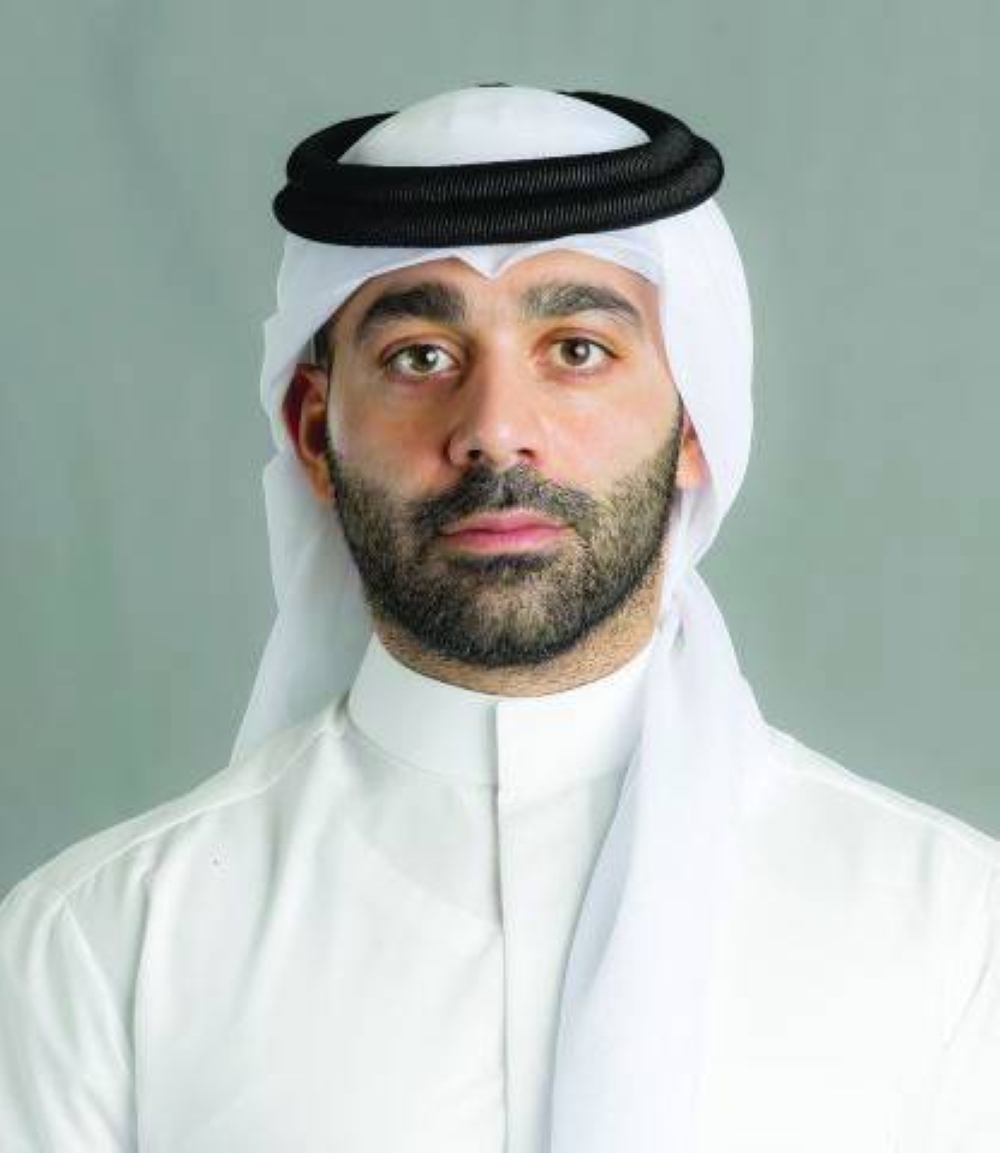Hamad Bin Khalifa University (HBKU) is conducting research projects to address several urgent challenges in environment and sustainable energy that Qatar and the world will face in the coming years, pointed out Dr Tareq al-Ansari, assistant professor, Department of Sustainable Development at the College of Science and Engineering.
Dr al-Ansari told local Arabic daily Arrayah that these challenges include the risks associated with climate change, such as rising sea levels, increased temperatures, and heatwaves, as well as resource scarcity, energy issues, and environmental degradation, such as increasing desertification.
He stressed that HBKU is addressing these challenges and beyond through its faculty members, scientists, researchers, and interdisciplinary students, who collectively form a dynamic and diverse group of experts from various backgrounds. They are developing research into reports and scientific publications that can benefit the decision-making processes at the highest level, bridging the gap between industry and policymakers. In addition, they are working on developing products that offer valuable solutions to emerging challenges with significant potential for commercial marketing.
Dr al-Ansari explained that the GCC region experiences high temperatures that significantly affect energy consumption in buildings. The research efforts undertaken by HBKU in the field of cooling technologies and energy-efficient building construction could provide practical solutions to this issue in the future.
Besides, the university actively participates in leading research efforts for addressing the pressing issue of rising temperatures in the GCC region and its profound impact on energy consumption in buildings. The research begins with assessing the potential effects of climate change on cooling requirements and temperature thresholds for both residential and commercial buildings.
"With the continued rise of global warming, it has become increasingly clear that current heating, ventilation, and air conditioning systems alone will not be sufficient enough. This necessitates the development of additional settings for cooling systems. The university's research efforts include conducting a comprehensive examination of strategies to reduce cooling requirements in buildings, both presently and in anticipation of future climate conditions."
Dr al-Ansari explained that during the construction phase, architectural design modifications are explored, including improving thermal mass, enhancing insulation, and carefully managing the window-to-wall ratio. "We delve into retrofitting strategies for existing buildings, seeking efficient solutions such as solar shading, double-pane windows, and natural ventilation," he said.
"These measures work to enhance energy efficiency and effectively reduce cooling demands in existing structures. Given that solar radiation is the primary contributor to cooling loads, we propose innovative ways to minimise solar exposure. This includes developing climate shelters for pedestrians and creating self-sufficient buildings that extract water from humid air and generate energy from renewable sources.
"By advancing these alternative methods, our goal is to create a more sustainable and resilient built environment capable of withstanding the challenges of high temperatures in the GCC region. Besides, adopting these environmentally friendly solutions not only reduce reliance on traditional energy sources but also enhance energy consumption sustainability while effectively combating climate change," he stressed.

Dr Tareq al-Ansari
